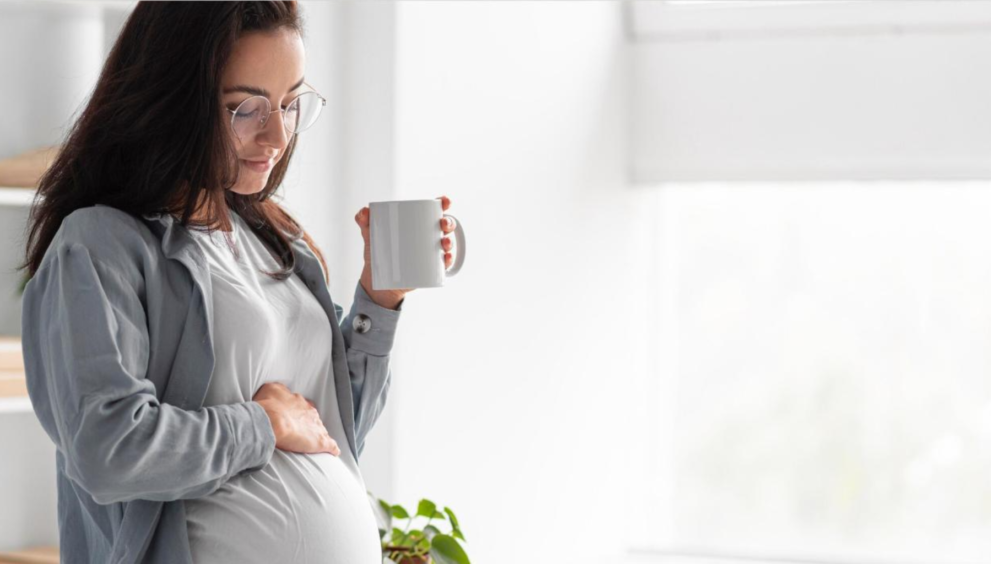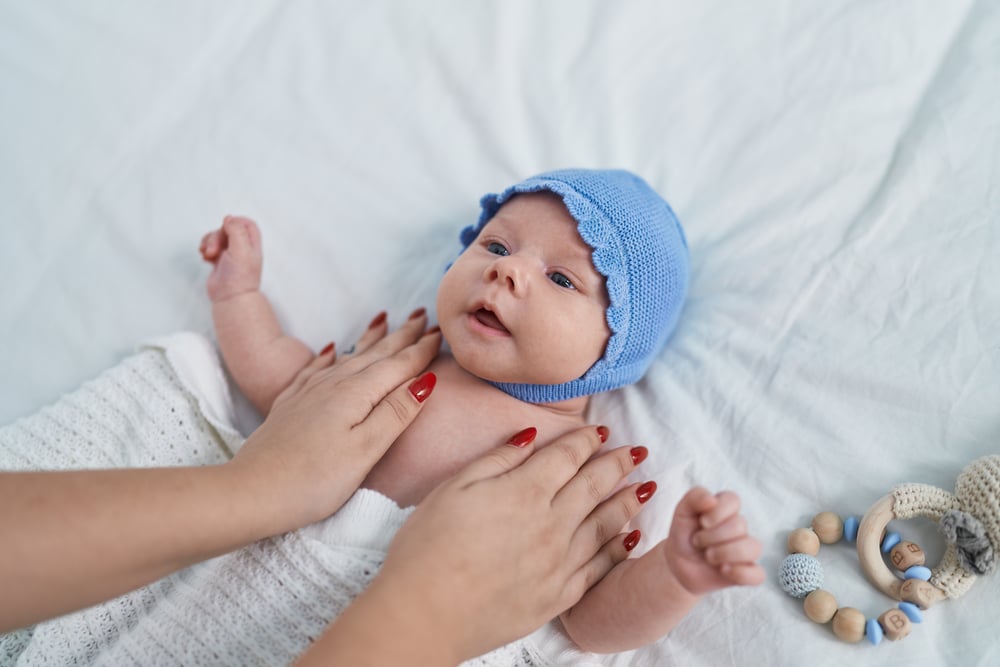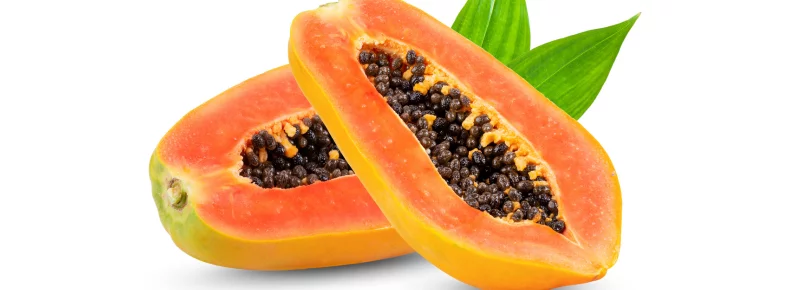FACT CHECK: Should you avoid caffeine completely when trying to conceive?
The notion that caffeine must be entirely eliminated from one's diet when attempting to conceive has been a belief popular among people for a long time. Social media influencers and pages often have posts advising people to quit caffeine entirely.
Author
Author
- admin / 1 year

- 0
- 4 min read

Author
CLAIM:
Caffeine should not be consumed at all while trying to conceive.
FACT:
Recent scientific research suggests that this widely held belief may not be entirely accurate; moderation is the key.
The notion that caffeine must be entirely eliminated from one’s diet when attempting to conceive has been a belief popular among people for a long time. Social media influencers and pages often have posts advising people to quit caffeine entirely.
This Instagram post claims that “avoiding coffee while trying to conceive is often recommended because caffeine can potentially interfere with fertility. High caffeine intake has been linked to difficulties in conceiving and an increased risk of miscarriage.”
This YouTube video also makes similar claims that “According to fertility experts high caffeine intake can cause delays in pregnancy, risk of miscarriage, premature delivery, high BP.”
However, recent scientific research suggests that this widely held belief may not be entirely accurate, prompting a closer examination of the relationship between caffeine consumption and fertility. A narrative review published in BMJ Evidence Based Medicine delves into this complex issue, analyzing numerous studies that explore the connection between maternal caffeine intake and adverse pregnancy outcomes such as miscarriage, stillbirth, and low birth weight.
While the majority of these studies indicate a correlation between high caffeine consumption and negative outcomes, the evidence does not support the idea that all caffeine intake is harmful to fertility or pregnancy. In fact, many reputable health organizations, including the European Food Safety Authority (EFSA), recommend limiting caffeine intake to approximately 200 mg per day – roughly equivalent to two cups of coffee – rather than advocating for complete abstinence.
This more nuanced approach is echoed by experts in the field, such as Dr. Aniruddha Narayan Malpani, an IVF specialist with over 35 years of experience. Dr. Malpani emphasizes the importance of moderation, stating, “Everything should be taken with a pinch of salt; the excess of anything is bad, but if drinking two cups of coffee helps you prep yourself up then do it. You shouldn’t consume caffeine; that’s a myth.”
This perspective underscores the need for a balanced approach to caffeine consumption when trying to conceive, rather than adhering to strict avoidance. Further supporting this view, a comprehensive review examined various observational studies and meta-analyses regarding caffeine’s impact on fertility. The findings indicate that while excessive caffeine intake may indeed be linked to fertility issues, moderate consumption does not appear to have significant adverse effects on conception rates.
Some studies even suggest that women who consume moderate amounts of caffeine may not face increased risks compared to those who abstain entirely. It is worth noting that caffeine readily crosses the placenta during pregnancy, which has raised concerns about potential fetal exposure. However, studies have shown that moderate levels of caffeine consumption do not consistently lead to negative outcomes in pregnancy when compared to higher levels of intake.
This body of evidence collectively challenges the claim that caffeine needs to be completely cut out from the diet when trying to conceive, as it lacks robust scientific backing. Instead, current research suggests that while high levels of caffeine may pose risks, moderate consumption – up to 200 mg per day – is generally considered safe for women trying to conceive. As Dr. Malpani emphasizes, moderation is key; enjoying a couple of cups of coffee can be part of a balanced approach without necessarily jeopardizing fertility.
ALSO READ: FACT CHECK: Does using a laptop on lap affect male fertility?










